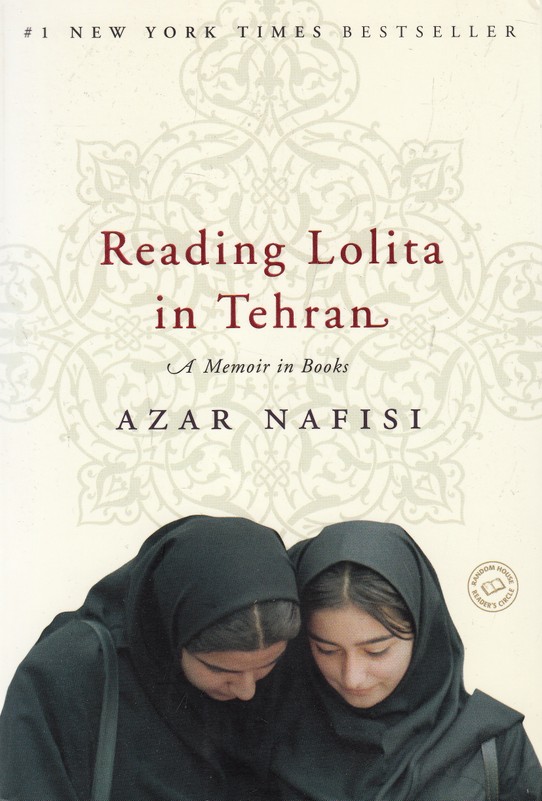
- Išparduota
- Autorius: Azar Nafisi
- Metai: 2008
- Puslapiai: 380
- ISBN: 9780812979305
- Formatas: 14 x 20 cm, minkšti viršeliai
- Kalba: Anglų
Atsiliepimai
Aprašymas
Every Thursday morning for two years in the Islamic Republic of Iran, Azar Nafisi, a bold and inspired teacher, secretly gathered seven of her most committed female students to read forbidden Western classics. Some came from conservative and religious families, others were progressive and secular; some had spent time in jail. They were shy and uncomfortable at first, unaccustomed to being asked to speak their minds, but soon they removed their veils and began to speak more freely–their stories intertwining with the novels they were reading by Jane Austen, F. Scott Fitzgerald, Henry James, and Vladimir Nabokov. As Islamic morality squads staged arbitrary raids in Tehran, as fundamentalists seized hold of the universities and a blind censor stifled artistic expression, the women in Nafisi's living room spoke not only of the books they were reading but also about themselves, their dreams and disappointments.
Azar Nafisi's luminous masterwork gives us a rare glimpse, from the inside, of women's lives in revolutionary Iran. Reading Lolita in Tehran is a work of great passion and poetic beauty, a remarkable exploration of resilience in the face of tyranny, and a celebration of the liberating power of literature.
- Autorius: Azar Nafisi
- Metai: 2008
- Puslapiai: 380
- ISBN: 9780812979305
- Formatas: 14 x 20 cm, minkšti viršeliai
- Kalba: Anglų
Every Thursday morning for two years in the Islamic Republic of Iran, Azar Nafisi, a bold and inspired teacher, secretly gathered seven of her most committed female students to read forbidden Western classics. Some came from conservative and religious families, others were progressive and secular; some had spent time in jail. They were shy and uncomfortable at first, unaccustomed to being asked to speak their minds, but soon they removed their veils and began to speak more freely–their stories intertwining with the novels they were reading by Jane Austen, F. Scott Fitzgerald, Henry James, and Vladimir Nabokov. As Islamic morality squads staged arbitrary raids in Tehran, as fundamentalists seized hold of the universities and a blind censor stifled artistic expression, the women in Nafisi's living room spoke not only of the books they were reading but also about themselves, their dreams and disappointments.
Azar Nafisi's luminous masterwork gives us a rare glimpse, from the inside, of women's lives in revolutionary Iran. Reading Lolita in Tehran is a work of great passion and poetic beauty, a remarkable exploration of resilience in the face of tyranny, and a celebration of the liberating power of literature.



Atsiliepimai